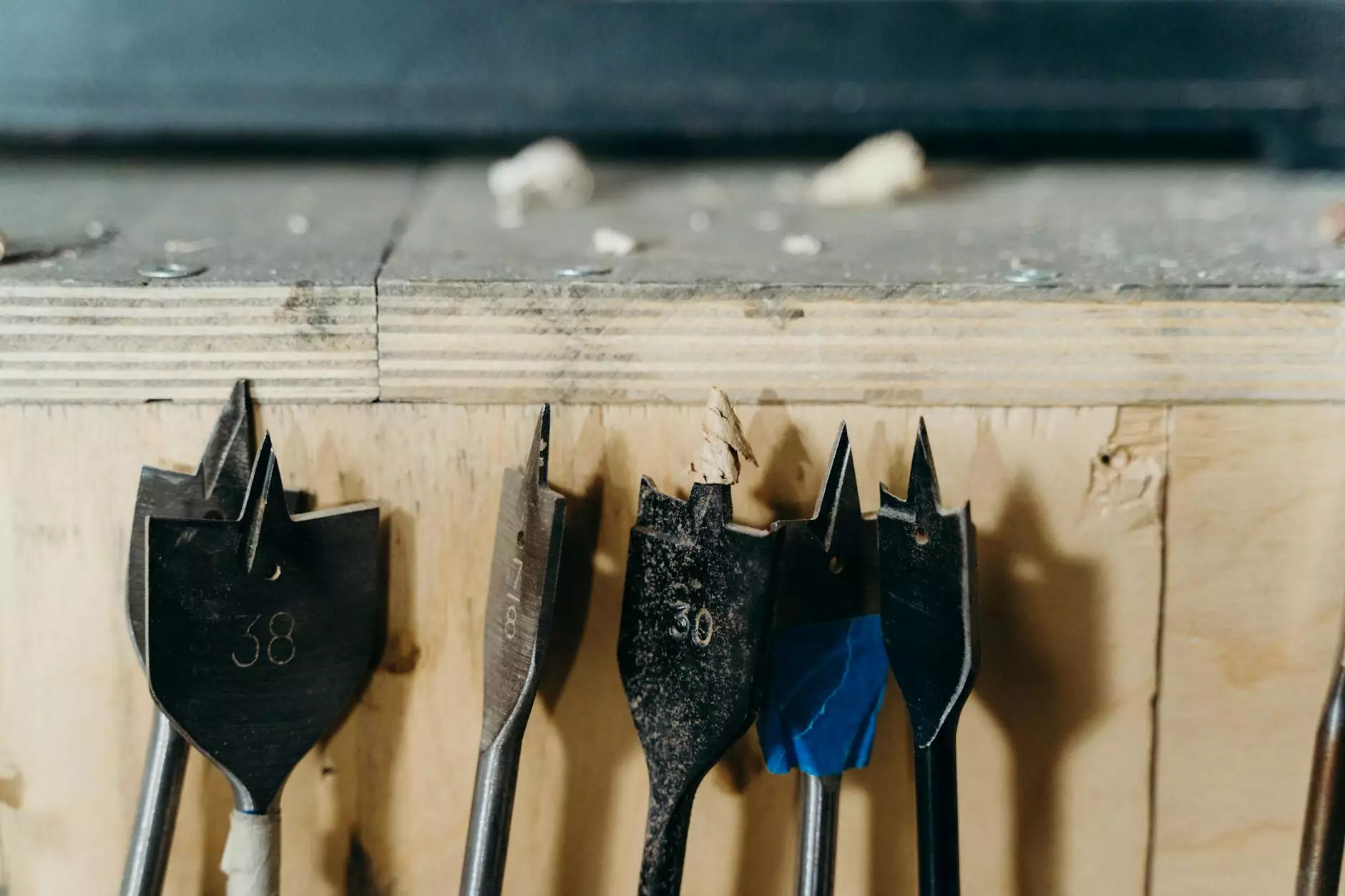The Essential Role of Metal Fabricators in Modern Industry

Metal fabricators are the unsung heroes of modern manufacturing, playing a critical role in turning raw materials into usable metal products. The importance of this industry cannot be overstated; from building infrastructure to producing intricate components for electronics, metal fabrication is woven into the very fabric of our economy.
What is Metal Fabrication?
Metal fabrication is the process of shaping and assembling metal parts into a final product through various techniques. This can involve cutting, bending, welding, and assembling processes. Metal fabricators work with a range of metals, including steel, aluminum, and copper, adapting their methods to suit the material properties and desired end-use.
Key Processes Involved in Metal Fabrication
Understanding the processes involved in metal fabrication is crucial for anyone interested in how products are made. Below are some of the key processes that metal fabricators employ:
- Cutting: The initial step in the fabrication process where large metal sheets are cut into smaller pieces to create parts. Methods include laser cutting, plasma cutting, and shearing.
- Bending: After cutting, metal pieces are bent into shape using hydraulic press brakes or other bending machines. This process requires precision to ensure that the final product meets specifications.
- Welding: This is the process of joining two or more metal pieces together by melting and fusing them. Different welding methods, such as MIG, TIG, and arc welding, are used based on the type of metal and thickness.
- Assembly: Once all parts are created, they are assembled into the final product, which may involve additional techniques like riveting or fastening.
- Finishing: After assembly, metal products often undergo finishing processes to improve appearance and durability, such as painting, coating, or polishing.
Importance of Quality in Metal Fabrication
Quality in metal fabrication is paramount. Poor quality can lead to structural failures, safety issues, and increased costs due to rework or replacement. Reputable metal fabricators, like those at Deep Mould, adhere to stringent quality control measures throughout the manufacturing process. This includes:
- Material Evaluation: Ensuring that the right materials are used from the outset, conforming to industry standards.
- In-Process Inspections: Conducting tests and inspections at various stages of production to catch and rectify issues early.
- Final Quality Checks: before shipping, a thorough inspection is done to guarantee that each product meets all specifications and quality standards.
Applications of Metal Fabrication Across Industries
Metal fabrication is utilized in a variety of industries, showcasing its versatility and necessity. Below are some key sectors that heavily rely on metal fabrication:
- Construction: Steel beams, columns, and other structural components that are essential in building infrastructure.
- Automotive: Manufacturing parts such as chassis, frames, and enclosures, essential to vehicle assembly.
- Aerospace: Producing lightweight yet strong components for aircraft, which must meet strict regulations.
- Electronics: Fabricating housings and brackets for devices ranging from smartphones to industrial machinery.
- Energy: Building components for power generation systems, including wind turbines and oil rigs.
Choosing the Right Metal Fabricator
Finding a reliable metal fabricator involves considering several important factors to ensure you receive high-quality products that meet your needs:
- Experience: Look for companies with a proven history in metal fabrication. Experience often correlates with a deep understanding of various materials and processes.
- Capabilities: Ensure the fabricator has the necessary equipment and processes to handle your specific project requirements.
- Reputation: Research the company’s reputation through reviews or testimonials from past clients.
- Certifications: Review any industry certifications that indicate a commitment to quality and safety standards.
- Customer Support: A responsive customer service team is essential for effective communication throughout the project.
The Future of Metal Fabrication
As technology evolves, the metal fabrication industry is experiencing significant advancements. Innovations such as robotics, automation, and 3D printing are transforming traditional practices, making processes more efficient and reducing labor costs. Digital fabrication techniques enable greater customization and faster prototyping, allowing companies to meet the increasingly complex demands of their customers.
The Competitive Edge: Working with Deep Mould
Companies like Deep Mould have established themselves as leaders in the metal fabrication space by embracing innovation and maintaining high standards of quality. Their commitment to excellence ensures that clients receive products that not only meet specifications but also exceed expectations. By investing in the latest technologies and highly skilled workforce, Deep Mould continues to set industry benchmarks for quality and reliability.
Conclusion
In conclusion, metal fabricators play an essential role in various industries, providing the foundation for countless products we rely on daily. As a vital component of modern manufacturing, the expertise and quality offered by companies like Deep Mould illustrate the unmatched value of skilled metal fabrication. As industries continue to demand precision and quality, the services of metal fabricators will only become more crucial, ensuring that innovation and efficiency drive progress in our global economy.
For more information on metal fabrication, processes, and the outstanding services offered by professionals in the field, explore resources and industry leaders like Deep Mould.
https://www.deepmould.net/








